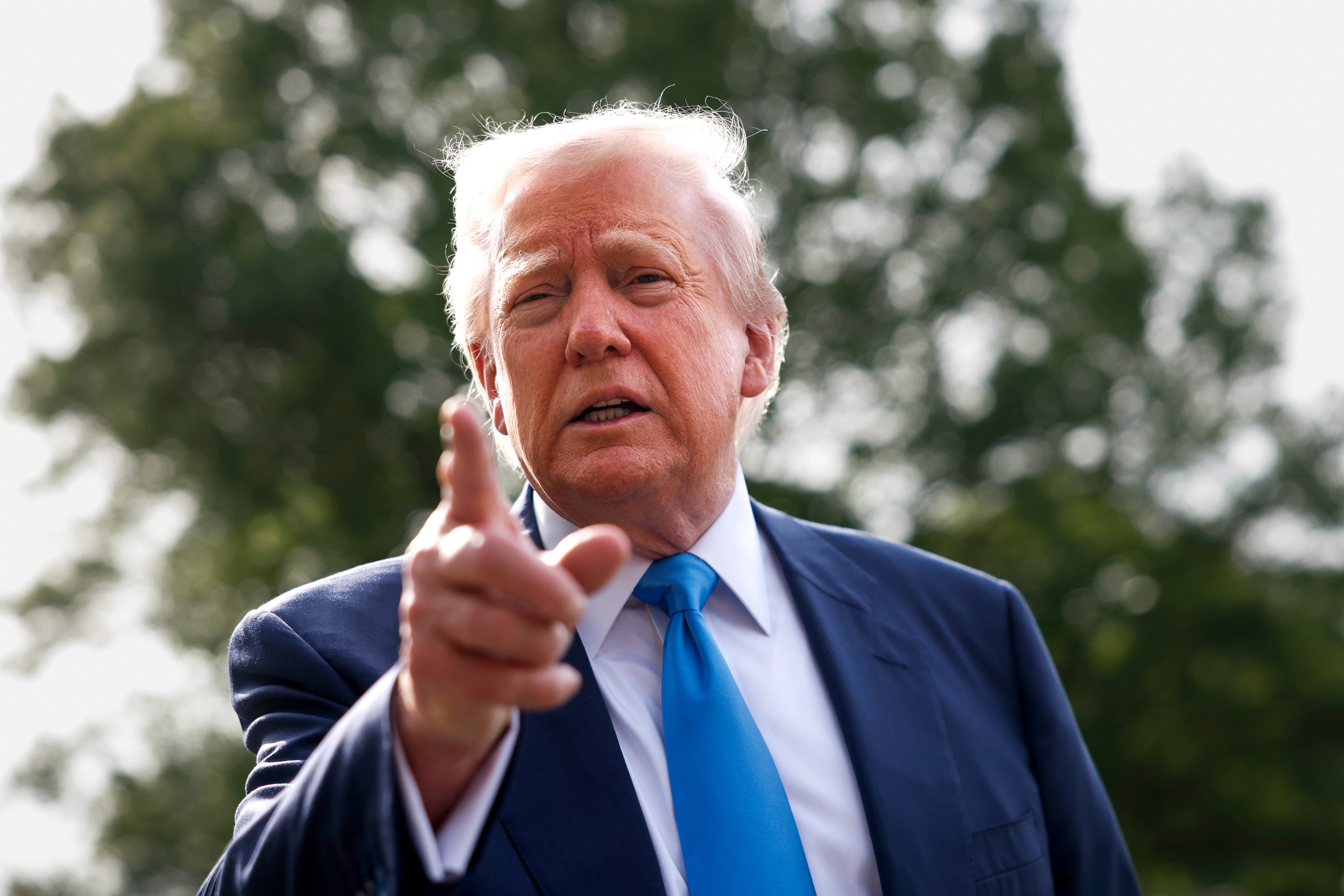Your support helps us to tell the story
From reproductive rights to climate change to Big Tech, The Independent is on the ground when the story is developing. Whether it’s investigating the financials of Elon Musk’s pro-Trump PAC or producing our latest documentary, ‘The A Word’, which shines a light on the American women fighting for reproductive rights, we know how important it is to parse out the facts from the messaging.
At such a critical moment in US history, we need reporters on the ground. Your donation allows us to keep sending journalists to speak to both sides of the story.
The Independent is trusted by Americans across the entire political spectrum. And unlike many other quality news outlets, we choose not to lock Americans out of our reporting and analysis with paywalls. We believe quality journalism should be available to everyone, paid for by those who can afford it.
Your support makes all the difference.
Read more
Companies slowing or cancelling orders from China could lead to empty shelves in stores, amid Donald Trump’s ongoing trade war with its major trading partner.
Currently, the number of freight vessels scheduled to arrive at the Port of Los Angeles is on track to be down by 31 percent for the week ending May 10 compared with the previous year, according to the ship tracking site Port Optimizer.
Earlier this month, the president raised the tariffs on imports from China to 145 percent. It comes at a time when U.S. retailers would usually be ramping up to prepare for fall and winter shopping periods.
However, on Friday, CNN reported that China appeared to have rolled back retaliatory tariffs of 125 percent on some products made in the U.S. Three import agencies told the outlet that the move was an attempt to mitigate prolonged escalation.
The exemptions, per CNN, apply to integrated circuits, also known as microchips or semiconductors.

open image in gallery
Jonathan Gold, vice president of supply chain and customs policy for the National Retail Federation, said that U.S. retailers were still struggling to predict the effect of tariffs on supply chains and, subsequently, their purchases.
“They’re making their holiday buying decisions now,” he told NBC. “It’s a challenge for folks to figure out how to properly order and price with all the uncertainty that’s out there on the tariffs.”
If no changes to Trump’s China tariffs are made, U.S.-based companies have to pay at least $145 in tariff fees to Customs and Border Protection to import most items valued at $100, wiping out profits unless the prices are hiked up significantly.
American companies, including Target, have already decreased or cancelled orders, Chinese vendors told NBC News earlier this month. In addition, the National Retail Federation expects imports to drop by 20 percent in the second half of the year if no changes to tariffs are made.

open image in gallery
Industry leaders have compared the current fears to those during Covid-19, when shortages of basic goods, including toilet paper, became apparent on U.S. store shelves.
Sean Stein, president of the U.S.-China Business Council, told NBC that customers would begin seeing shortages of various items beginning “in a couple of weeks.” “We are just going to start running out of stuff, and if the administration waits to resolve the problem until we have shortages and hoarding, that is just too late,” he told the outlet.
On Thursday, Trump hinted that his administration and China were at the negotiating table, and “actively” having discussions, to resolve the trade war, but the claims were quickly shut down by Beijing.
The president said he planned to be “very nice” to reach a deal, admitting that his 145 percent tariff on Chinese goods was “too high” and vowed it would “come down substantially.”
However, two Chinese officials on Thursday contradicted his claims.
He Yadong, China’s Ministry of Commerce spokesperson, said Thursday: “Any claims about the progress of China-U.S. trade negotiations are groundless as trying to catch the wind and have no factual basis.”


